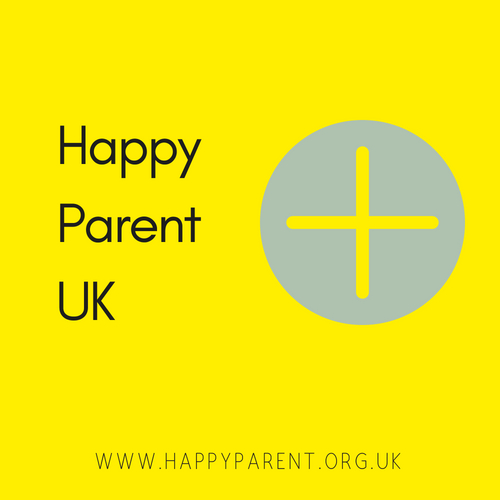In the past couple of weeks I have left a job I loved – really loved – but felt I needed to leave for various reasons. I’m fortunate to have moved into a job I think I will love equally well, all early signs being promising, but nonetheless I felt rather emotional saying goodbye to a place I hadn’t expected to leave yet.
But as I gave the fairly standard leaving speech, which was completely genuine and heartfelt but could easily sound familiar, even cliche, and watched people nibble some cake and snacks before heading off, I could easily imagine the same time next week, no one even remembering what it was like when I was there.
And this was a big part of my life. So what is the point of any of it?
I then read a short essay by Bertrand Russell (“How to Grow Old”), in which he says:
If you have wide and keen interests and activities in which you can still be effective, you will have no reason to think about the merely statistical fact if the number of years already lived, still less of the probably shortness of your future…
The best way to overcome [the fear of death] – so at least it seems to me – is to make your interests gradually wider and more impersonal, until bit by bit the walls of of the ego recede, and your life becomes increasingly merged in the universal life.
I love that. The best way to overcome the fear of death is to make your interests gradually wider and more impersonal, until bit by bit the walls of the ego recede, and your life becomes increasingly merged in the universal life.
This struck me in several ways.
One was to see the myriad ways we define ourselves, and the many roles that contribute to happiness. Work is but one aspect of my identity, and one contributor to my happiness. Parenthood, whilst important, is still but one aspect of a happy life. But we are each of us many different things, each of us is a multi-sided thing.
And a rich and varied life helps us to live more fully, and to die more peacefully.
We can wring from objective time more depth and fulfilment, as anyone who has lost themselves in a good book or great art or powerful music can attest. In this kind of fulfilment, time slows down. Or becomes irrelevant.
And if I can see my life as a wave in the ocean, I see my rising and falling for what it is, as the water molecules moved by my energy drift back into the rest of the sea, which I was always part of even as I reached the highest crest.*
Looking at life in this way, the impermanence of life, and each chapter within that life, stings less. Because each moment, each life stage, and each life, are part of something bigger.
*So I drafted this on 23 January. Then on 1 February I watched the final episode of The Good Place, in which they use this EXACT metaphor. Apparently it’s a well-established Buddhist trope. So I’m leaving it in case you find it as useful as I have, and haven’t come across it through either the show or the religion.
